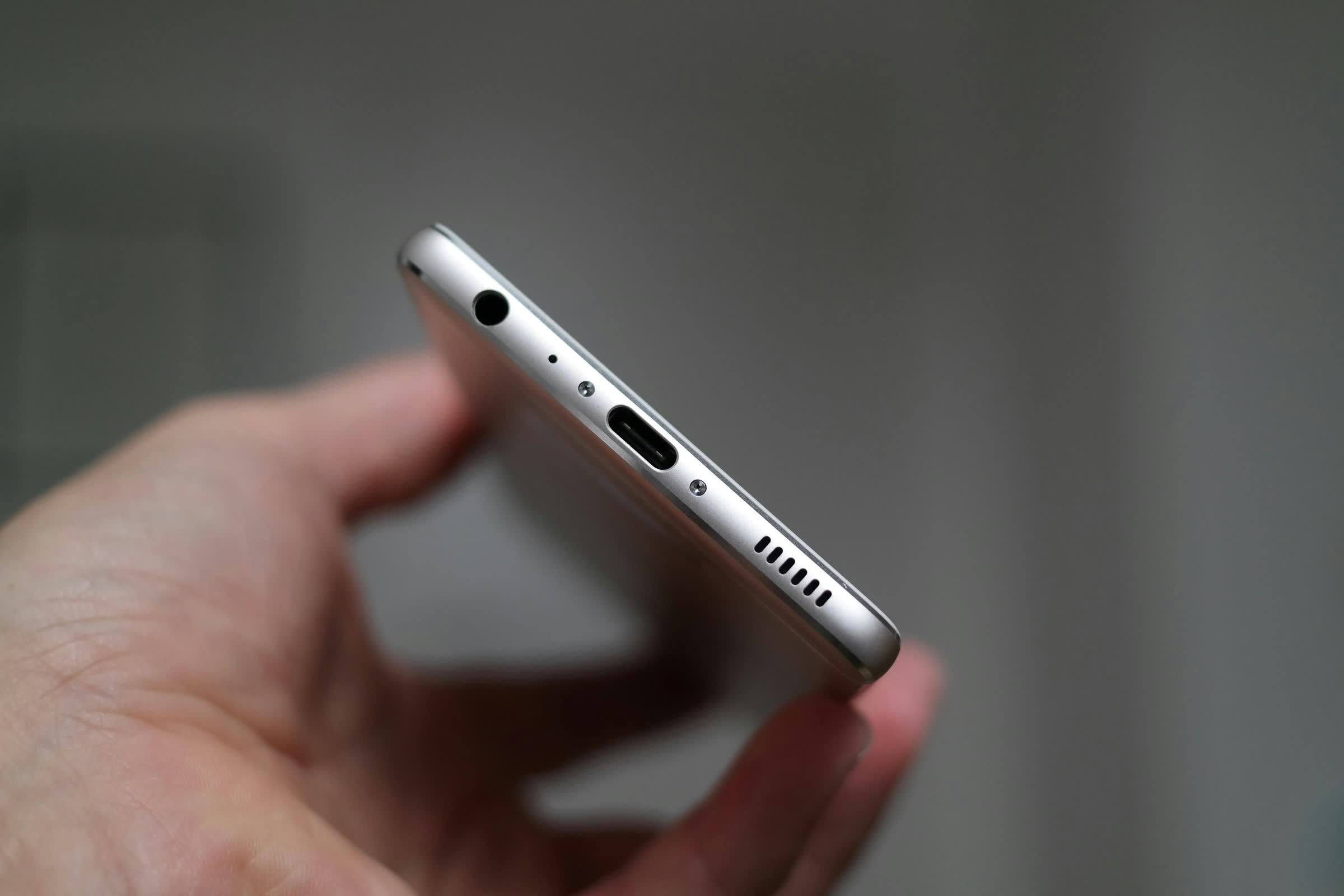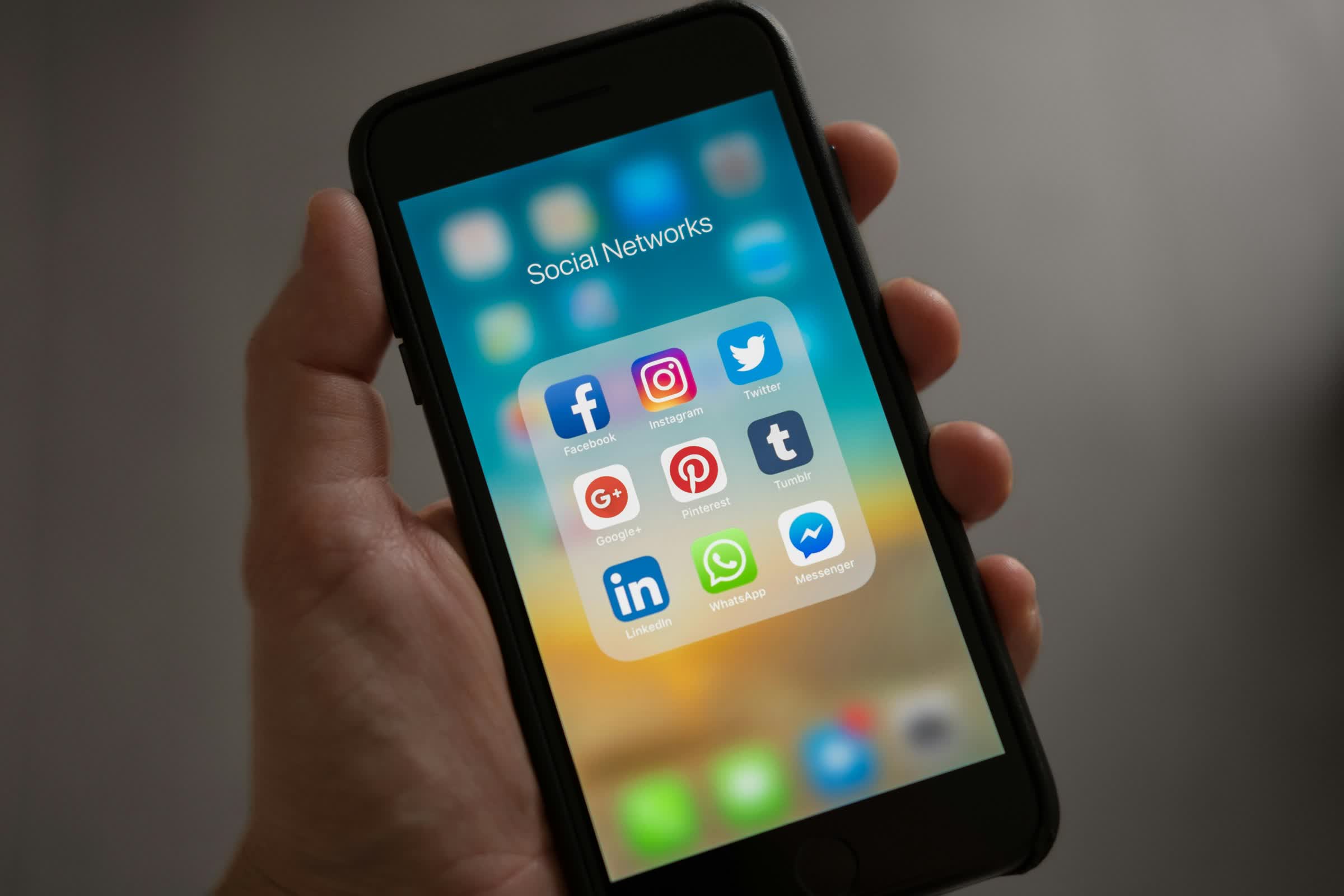Posts: 176 +4
In a nutshell: In the short term, the EU's Radio Equipment Directive will make two out of five used smartphones in the region obsolete because they do not have USB-C chargers. For the long term, the new regulation could lead to innovation in wireless charging technologies and new business models that focus on retrofitting older devices with USB-C ports. The directive could also prompt manufacturers to explore more sustainable materials to reduce e-waste.

The EU's Radio Equipment Directive, set to take effect at the end of this year, will require all mobile devices to support USB-C charging. The legislation aims to reduce e-waste by standardizing chargers, but its practical impact will be to make eight million used smartphones, representing $2.22 billion in potential sales, effectively obsolete in the region.
The impact will be far-reaching, affecting both primary and secondary smartphone markets. CCS Insights estimates that 60 percent of secondhand smartphones will not support USB-C when the directive is implemented.
"The USB-C mandate will strain the still-emerging circular industry, which has already seen several companies cease trading this year because of tough market conditions," Simon Bryant, Vice President of Research at CCS Insight told The Register. "It also risks pushing trading into unregulated channels and is likely to promote parallel imports bypassing EU customs."
The EU is a major importer of used phones, primarily from the US, Japan, and Singapore. The ban applies to imported models, but used phones with non-compliant ports can still be sold within member states.
The directive has been under development for years, with discussions about standardizing chargers launching in 2011. In 2014, MicroUSB was initially approved as the connector design of choice. The common charging standard was proposed in January 2020 and passed with 582 votes to 40.

Apple initially opposed the regulation, citing concerns about stifling innovation, but later did an about-face and confirmed it was switching to USB-C for the iPhone 15 line-up a year ago. Cupertino is a major force in the global secondhand smartphone market, comprising 62 percent of overall volumes, or 17 million iPhones, while Samsung has a 20 percent market share. Last year, 117 million secondhand phones were shipped worldwide, and CCS Insights expects that this year the numbers will be even greater.
Now, the release of the iPhone 16 could well flood the market with pre-USB-C models – assuming Apple Intelligence will be a big enough draw to convince consumers to ditch their existing devices and buy the latest Apple offering.
On the other hand, consumers are keeping their older phones longer, and when they do trade up, many are opting for second-hand models. Half of consumers polled in a Vodafone-backed survey earlier this year said they are contemplating buying a refurbished smartphone instead of a brand-new handset, citing the lower purchase price and environmental concerns as the main reasons.
E-waste is a major issue for the EU, which estimates that old chargers contributed to 51,000 metric tons of electronic waste a decade ago, reduced to 11,000 tons in recent years. The Radio Equipment Directive was crafted in part to reduce end-of-life electronics, but it may paradoxically lead to an increase in discarded devices in the short term.
New European Union charging standard threatens to kill the billion-dollar secondhand phone market